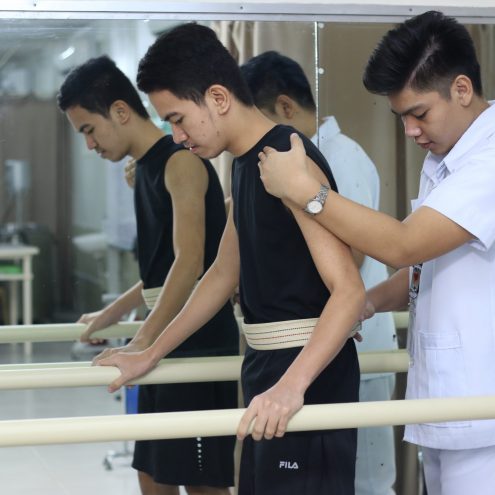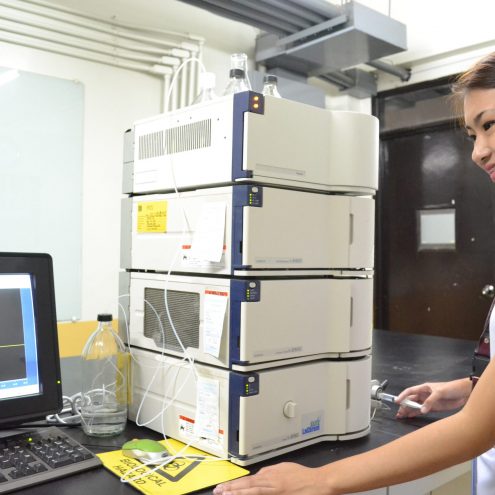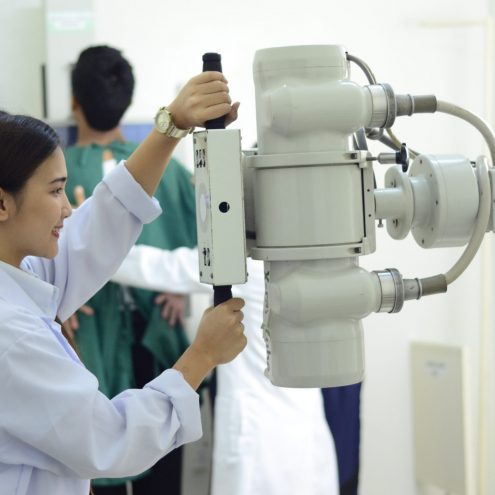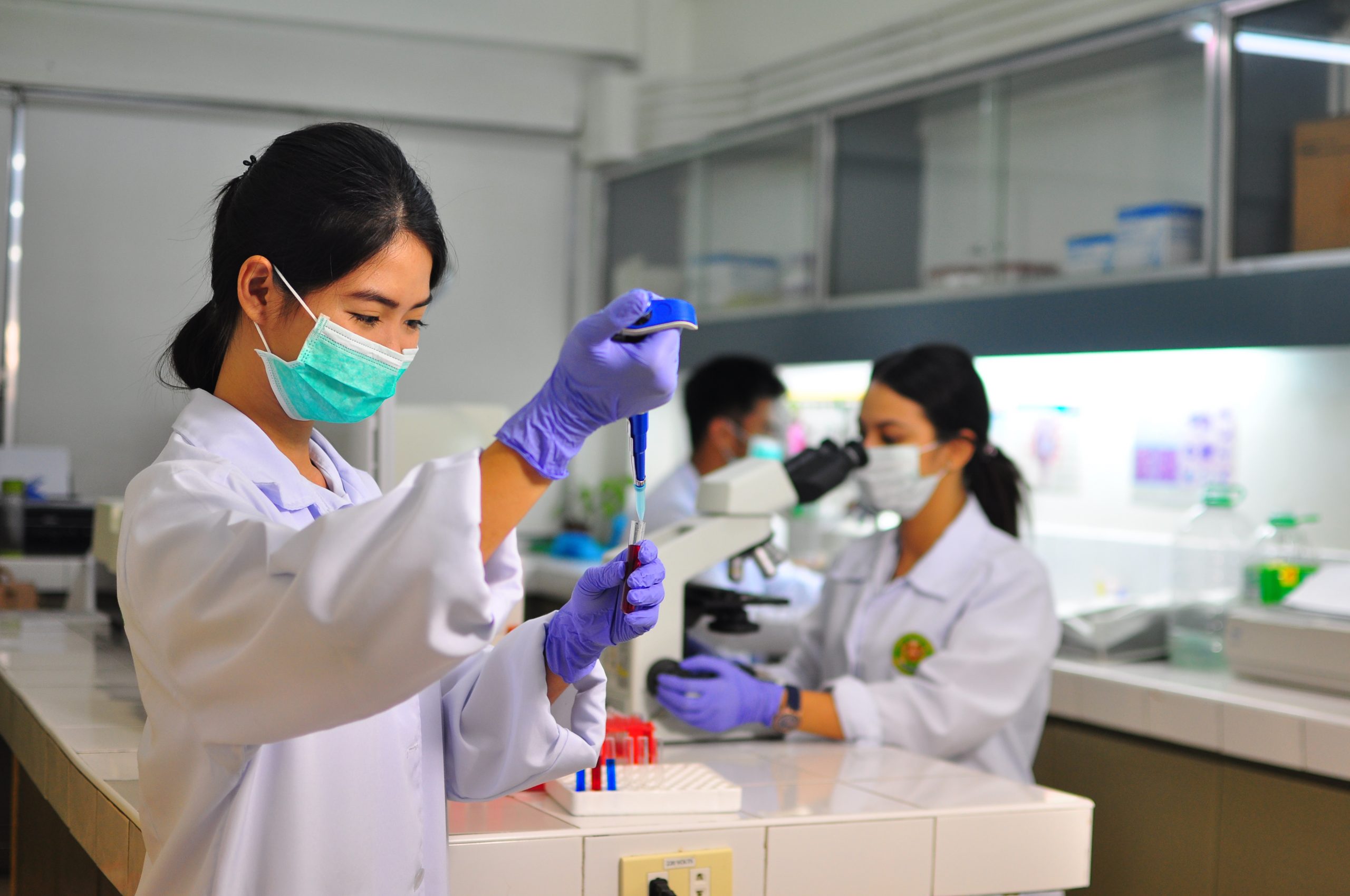Physical Therapy is an allied health profession that develops, coordinates, and utilizes selected knowledge and skill in planning, organizing, directing, and evaluating programs for the care of individuals whose ability to function is impaired or threatened by disease or injury. It is the art and science of working with people to maintain and restore optimal movement and functional ability throughout their lifespan.
Accreditation:
PACUCOA Level III Reaccredited





